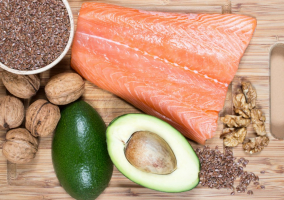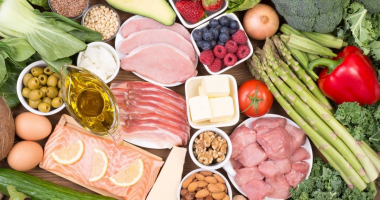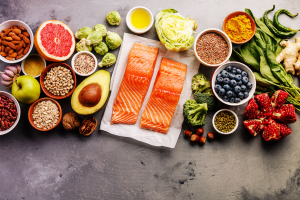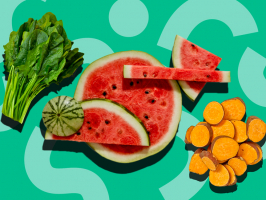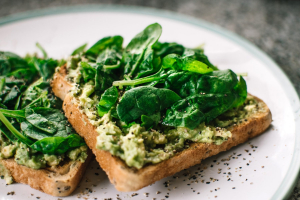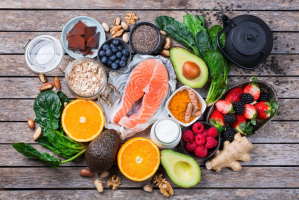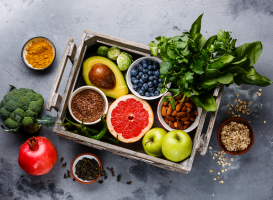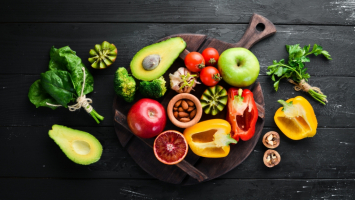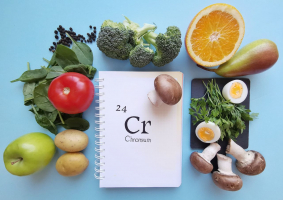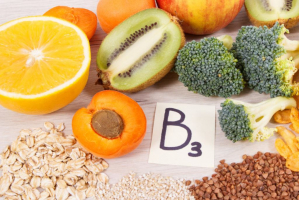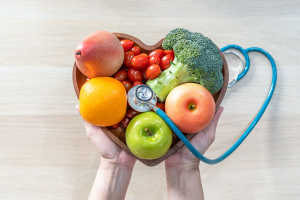Top 10 Best Foods That Help Lower Cholesterol
Changing your diet can help you decrease your cholesterol and improve the armada of fats in your bloodstream. The best method to attain a low cholesterol diet ... read more...is to include foods that reduce LDL, the bad cholesterol-carrying particle that contributes to artery-clogging atherosclerosis. Here are some foods that help lower cholesterol you can refer to have more options!
-
Nuts are another nutrient-dense food to consider. Monounsaturated fats are abundant in them. Walnuts are also high in omega-3 fatty acids from plants, a form of polyunsaturated fat related to heart health. L-arginine, an amino acid that aids in the production of nitric oxide, is rich in almonds and other nuts. This aids in blood pressure control.
Furthermore, nuts contain phytosterols. These plant compounds have a similar structure to cholesterol and can help decrease cholesterol by preventing it from being absorbed in your intestines. Nuts include calcium, magnesium, and potassium, which may help to decrease blood pressure and minimize the risk of heart disease. An analysis of 25 trials found that consuming 2–3 cups of nuts per day reduced "bad" LDL cholesterol by 10.2 mg/dl on average. A daily serving of nuts is associated with a 28% reduction in the risk of both fatal and nonfatal heart disease.
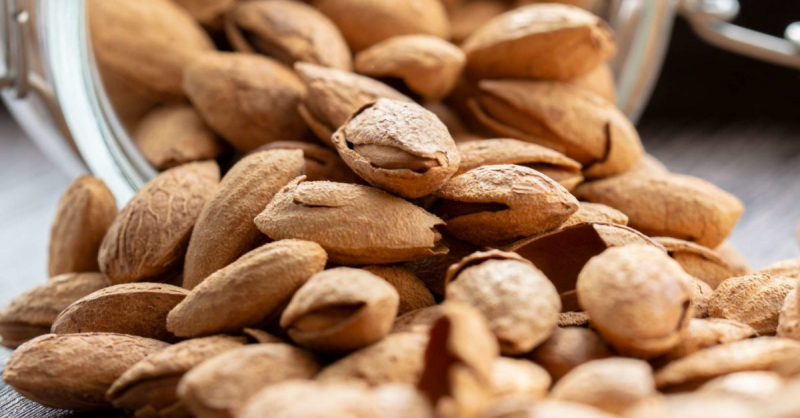
Almonds 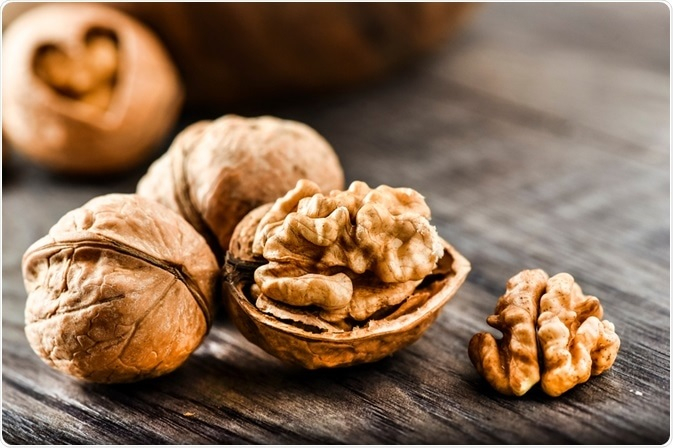
Walnuts -
For various reasons, fruit is a fantastic supplement to a heart-healthy diet. Soluble fiber is rich in many fruits, which aids in cholesterol reduction.It does this by helping your body to eliminate cholesterol and preventing your liver from producing it.
Pectin, a kind of soluble fiber, can reduce cholesterol by up to 10%. Berries such as blackberries, blueberries, raspberries, pomegranate, and strawberries are low in sugar and high in soluble fiber. Apples, bananas, and pears also contain soluble fiber, but their servings should be limited since they contain more sugar. Fruit also includes bioactive substances that, owing to their antioxidant and anti-inflammatory characteristics, can help prevent heart disease and other chronic illnesses. Eating berries and grapes, which are particularly high in these plant compounds, can help boost "good" HDL cholesterol while lowering "bad" LDL cholesterol.
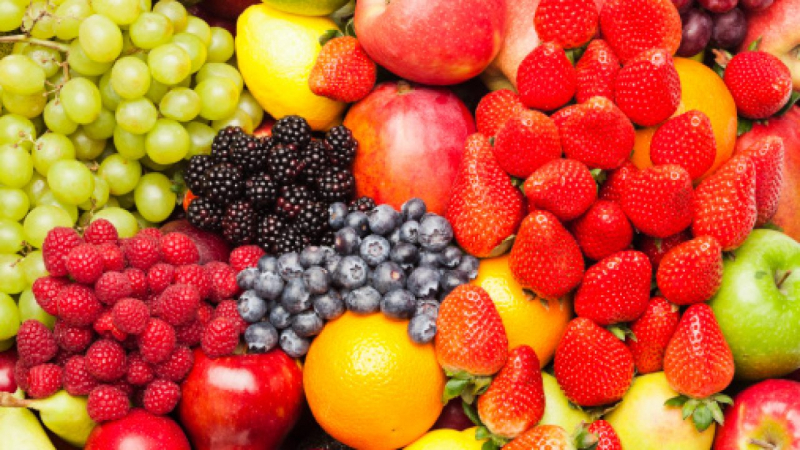
Fruits and Berries 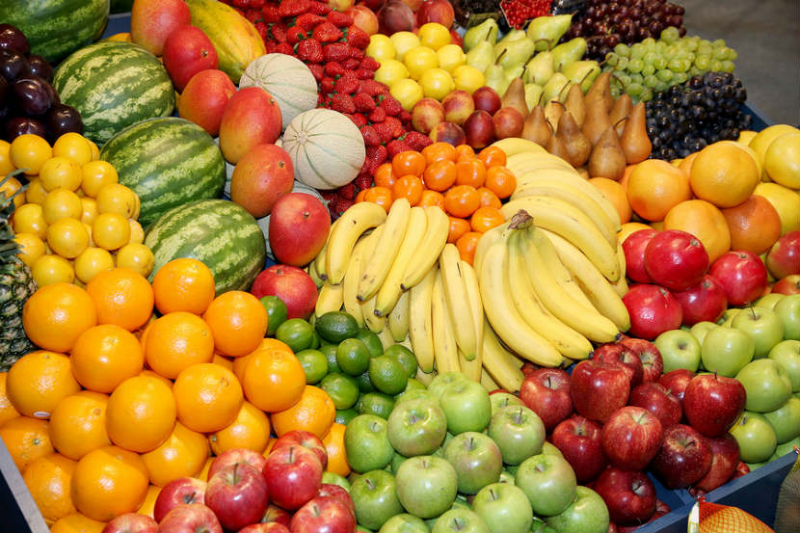
Fruits and Berries -
If you're trying to lower your cholesterol, adding tofu to your stir-fry, soy milk to your daily bowl of oatmeal, or edamame as a snack will help. Beans, soybeans, edamame, and tofu are all heart-healthy alternatives that provide a pleasant feeling of fullness while also serving as a replacement for high-saturated-fat red meats. They also provide heart-health benefits.
According to cardiologist James Beckerman, MD, of Portland, OR, certain research shows that soy protein may help. Soy meals were related to lower "bad" LDL and total cholesterol, as well as higher "good" HDL cholesterol, according to an analysis of 35 research. The effect seems strongest in people with high cholesterol. Soy meals can help you reduce your LDL ("bad") cholesterol by roughly 3%. It's a modest amount, but when you're trying to do it routinely you can lower your cholesterol, it's worth thinking about. Soy is also high in protein, fiber, and heart-healthy omega-3 fatty acids (though not the same kind that you get in salmon or tuna). Soy is also cholesterol-free and low in saturated fat by nature.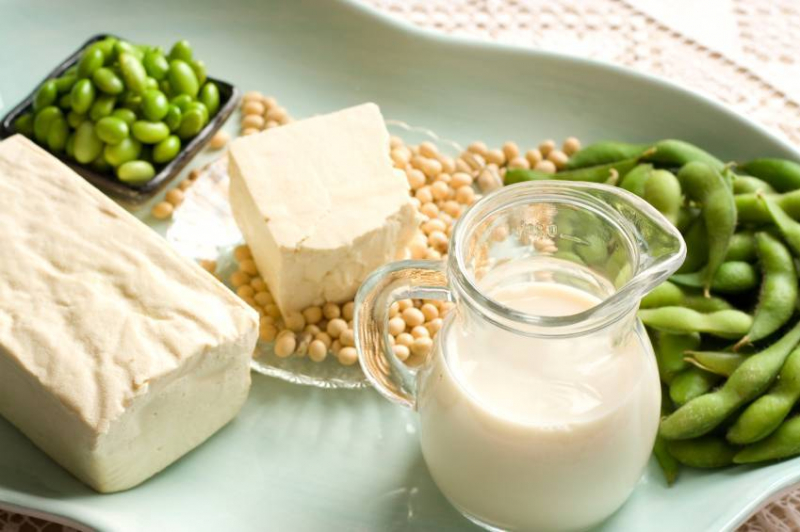
Soybeans, edamame and tofu 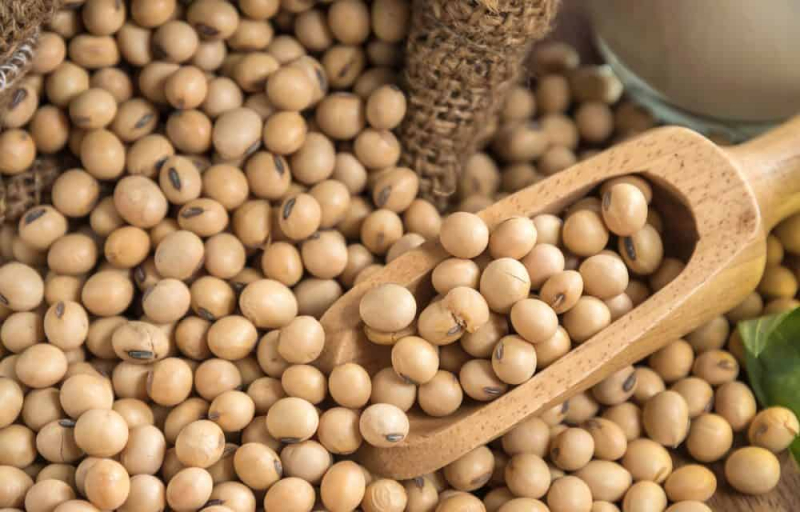
Soybeans, edamame and tofu -
Apples are an excellent fruit to include in your cholesterol-lowering diet because they are high in healthy nutrients, including cholesterol-friendly components like fiber and polyphenols, and low in fat.
Apples are one of the fruits with the most fiber, and they include pectin, which is a form of soluble fiber. Soluble fiber can help decrease your LDL (low-density lipoprotein) levels by lowering the amount of cholesterol absorbed into your bloodstream. Pectin fiber not only helps lower cholesterol, but the pectin found in apples is among the best for cholesterol-lowering from fruit sources, according to research published in the European Journal of Nutrition. You should consume the entire apple, including the peel, which is high in pectin and other soluble fibers, to acquire all of the healthful nutrients included in apples.
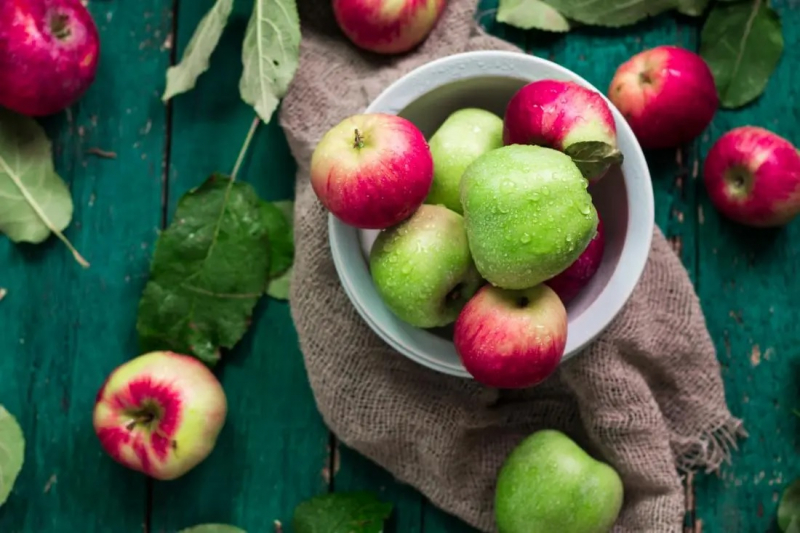
Apples 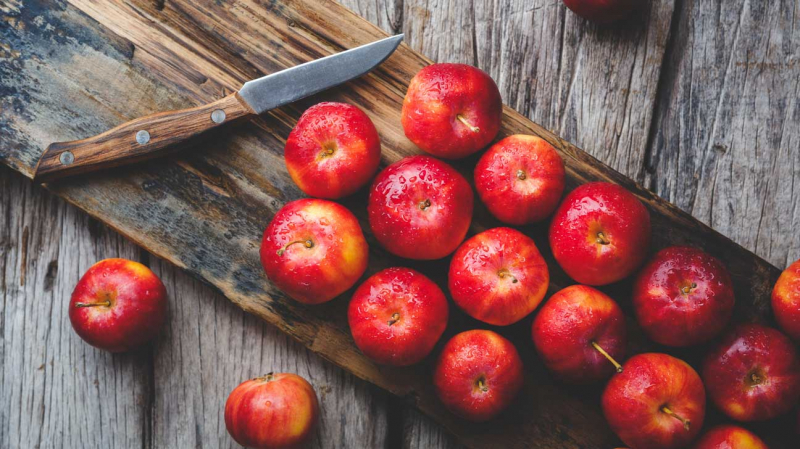
Apples -
Whole grains have been related to a decreased risk of heart disease in several studies. A review of 45 research found that consuming three servings of whole grains per day reduced the risk of heart disease and stroke by 20%.
When people ate up to seven servings of whole grains per day, the benefits were even greater. Whole grains have more vitamins, minerals, plant components, and fiber than processed grains since all parts of the grain are intact. While all whole grains may benefit heart health, two, in particular, are worth mentioning: Beta-glucan is a form of soluble fiber found in oats that helps decrease cholesterol. Consuming oats can reduce total cholesterol by 5% and "bad" LDL cholesterol by 7%. While Barley is high in beta-glucans and may aid in the reduction of "bad" LDL cholesterol.
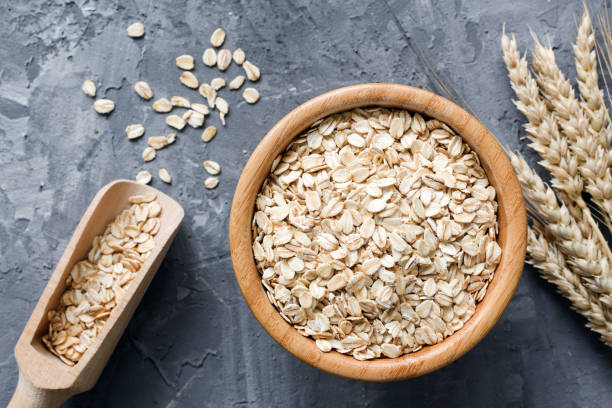
Oats 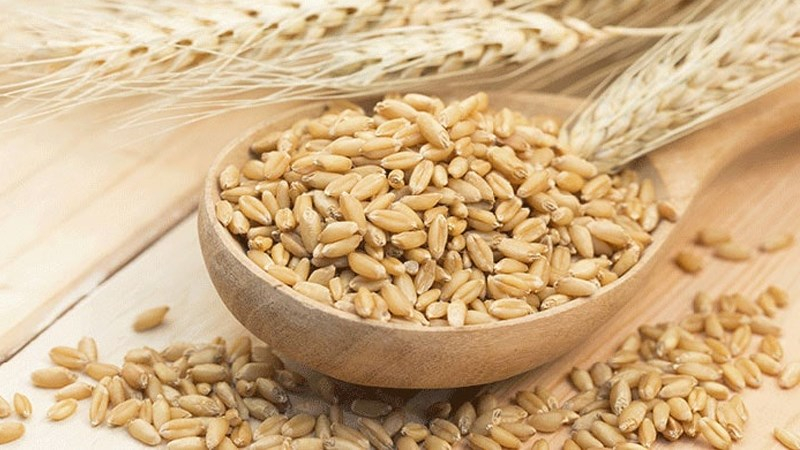
Barley -
Extra virgin olive oil is one of the most important foods in the heart-healthy Mediterranean diet. Olive oil is high in monounsaturated fatty acids, which may help boost "good" HDL cholesterol while lowering "bad" LDL cholesterol. It also contains polyphenols, some of which help to prevent inflammation, which can lead to heart disease.
Avocados are one of the most nutrient-dense fruits available. They're high in monounsaturated fats and fiber, which help decrease "bad" LDL cholesterol and boost "good" HDL cholesterol. Avocados have been shown to decrease cholesterol in clinical tests. In one study, obese and overweight persons with high LDL cholesterol who ate one avocado daily had lower LDL levels than those who didn't. Avocados, when substituted for other fats, were connected to decreased total cholesterol, LDL, and triglycerides, according to a review of ten trials.
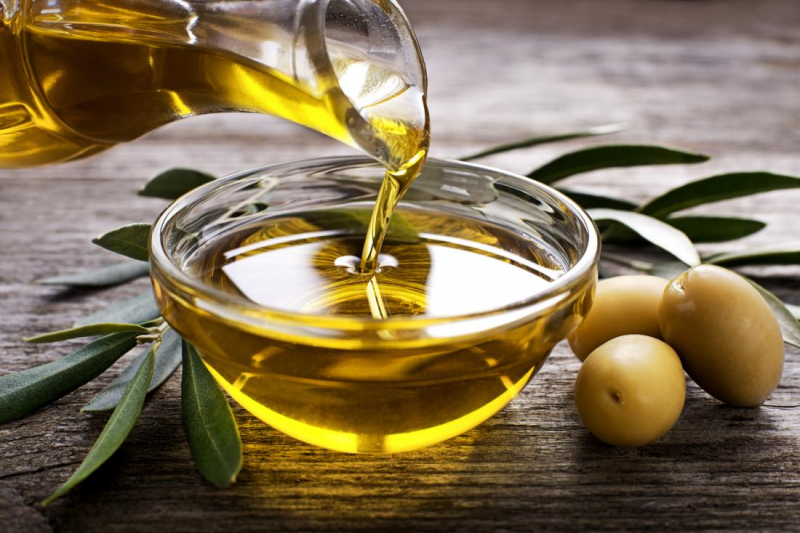
Olive oil 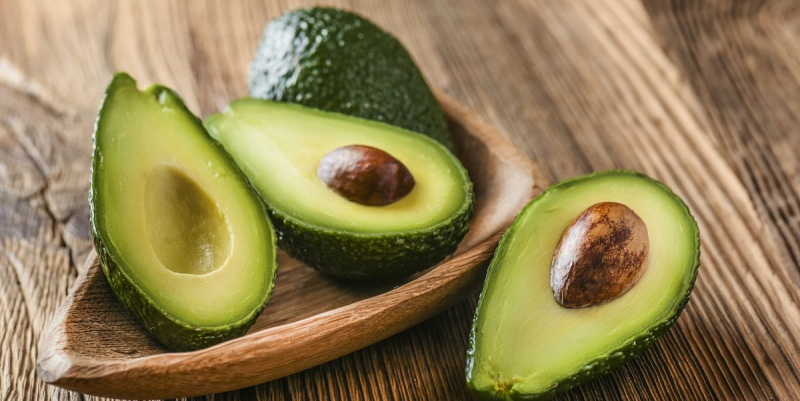
Avocados -
Long-chain omega-3 fatty acids are abundant in fatty fish like salmon and mackerel. Omega-3 fatty acids improve heart health by raising "good" HDL cholesterol while also reducing inflammation and stroke risk.
Adults who ate the most non-fried fish were the least likely to develop metabolic syndrome, a cluster of symptoms that includes high blood pressure and low "good" HDL levels, according to large 25-year research. Another major study found that eating tuna or other baked or broiled fish at least once a week reduced the risk of stroke by 27%. Keep in mind that steaming or stewing fish is the best way to prepare it. Fried fish, in fact, has been linked to an increased risk of heart disease and stroke. Fish is a key component of the Mediterranean diet, which has been widely researched for its heart-health benefits. Certain peptides contained in fish protein may also contribute to the heart-protective benefits of fish.
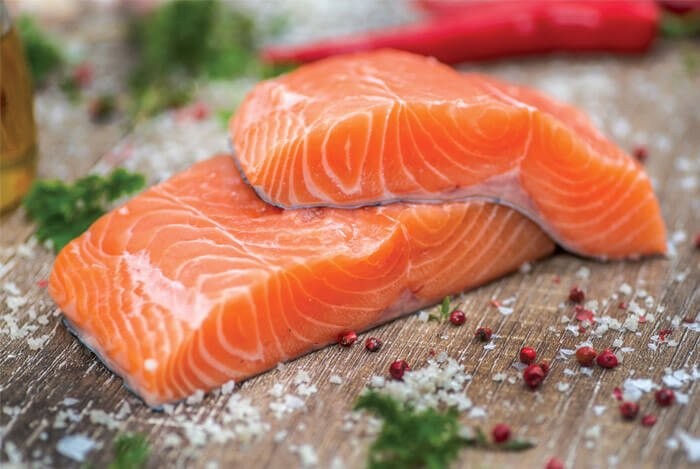
Fatty fish 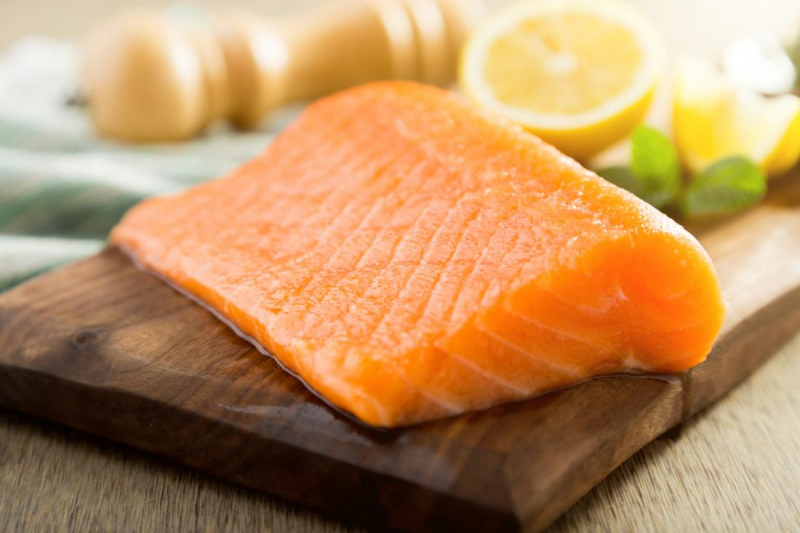
Fatty fish -
Heart disease, stroke, and several cancers can all be reduced by eating vegetables. They include vitamins, minerals, and plant chemicals that help you stay healthy, and most of them are low in fat and calories, so they can help you maintain a healthy weight.
Fiber is rich in vegetables, and some types of fiber can help decrease cholesterol. It prevents certain cholesterol from being taken into the bloodstream from the intestines. This kind of fiber is rich in pulses such as beans, peas, and lentils. Sweet potato, aubergine, okra (ladies' fingers), broccoli are all excellent choices. Pectin, the cholesterol-lowering soluble fiber found in apples and oranges, is widely present in several plants. Okra, eggplants, carrots, and potatoes are all pectin-rich foods. Vegetables also include a variety of plant compounds that provide a variety of health benefits, including heart disease protection.
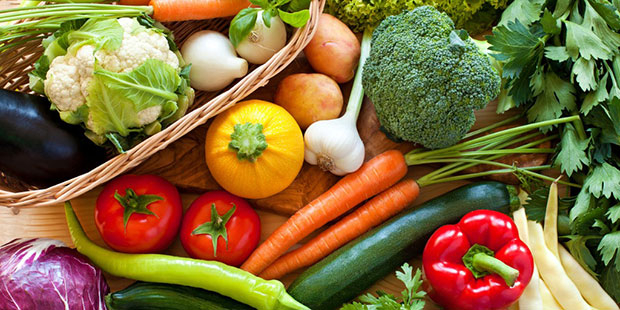
Vegetables 
Vegetables -
Legumes, which include dry beans like kidney beans or black beans, lentils, and split peas, are another source of soluble fiber. They're also strong in protein and filling, so they'll keep you satisfied from one meal to the next.
Legumes may also be used as a protein source, which helps to decrease cholesterol levels. “They don’t spike your blood sugar as much as some other carbohydrates may, which can also be supportive in controlling blood sugars”, says registered dietician Julia Zumpano. Fiber, minerals, and protein are rich in legumes. Legumes can help decrease your risk of heart disease by replacing refined grains and processed meats in your diet. When compared to not eating legumes, a review of 26 randomized controlled trials found that consuming 1/2 cup (100 grams) of legumes per day lowers "bad" LDL cholesterol by an average of 6.6 mg/dl. Other research has linked pulses to weight loss, even in non-calorie-restricted diets.
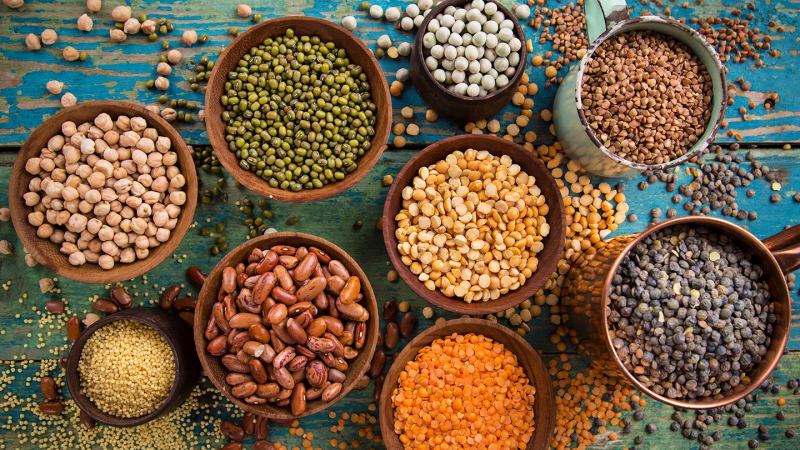
Legumes 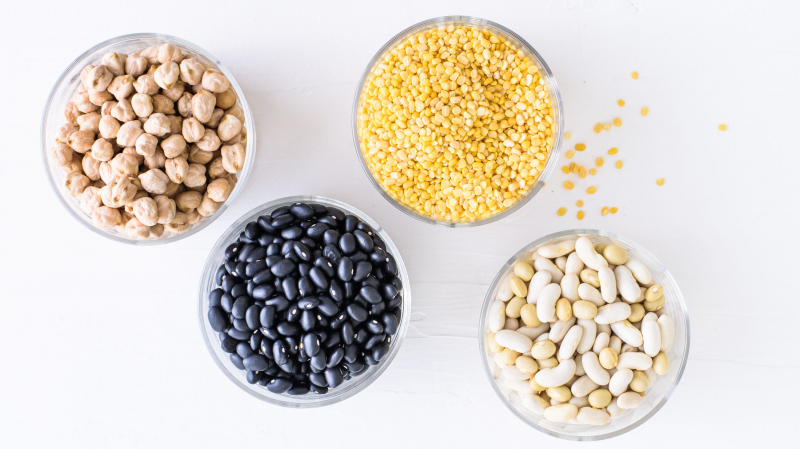
Legumes -
Dark chocolate is mostly made up of cocoa. Although it may appear to be too good to be true, research backs up claims that dark chocolate and cocoa can help decrease "bad" LDL cholesterol.
Healthy people drank a cocoa beverage twice a day for a month in one research. They saw a 0.17 mmol/l (6.5 mg/dl) drop-in "bad" LDL cholesterol. Their blood pressure went down, and their "good" HDL cholesterol went up. Cocoa and dark chocolate also appear to prevent your blood's "bad" LDL cholesterol from oxidation, which is a major cause of heart disease. However, chocolate has a lot of added sugar, which is bad for your heart. As a result, you should either use cocoa alone or select dark chocolate with a cocoa concentration of 75–85% or higher.
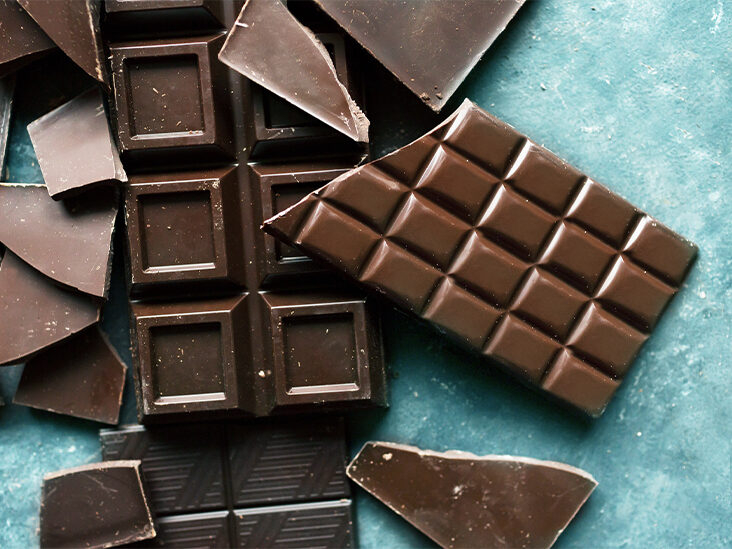
Dark Chocolate and Cocoa 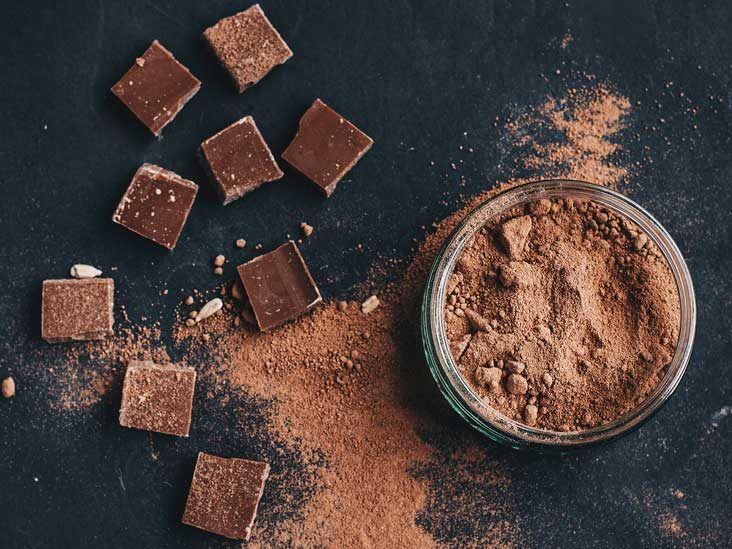
Dark Chocolate and Cocoa












